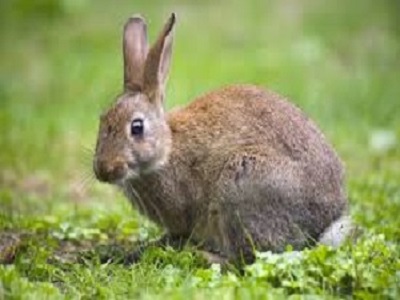
Animal Removal-Freezing temperatures are a challenging time for most animals in the wild. Raccoons combat these challenges through a series of physical and behavioral adaptations that keep them fed and warm through the cold months. Raccoons are omnivores, gaining nutrients from plants, animals, eggs, insects and human items such as food from garbage cans and small livestock. This ability to use any food source serves these animals well in the winter when many types of food are scarce. They typically make up their winter diets with acorns, corn, fruit, insects, crippled waterfowl and small animals, although they will take advantage of any local food source that presents itself.
Raccoons also seek out warm dens in the winter to help protect them from the elements. They most commonly seek out hollow trees, but are opportunistic about other options. Raccoons have been known to take over the underground burrows of other animals, use caves or make dens in abandoned buildings to keep warm. They sometimes den with other raccoons as well to take advantage of the mutual body heat, especially in severe winters.
How should you keep Raccoons away from your home?
- 1 – Seal shut all entry points into your house and attic
- 2 – Install an exclusion barrier around the perimeter of your shed or porch
- 3 – Keep pet food and bird seed indoors
- 4 – Strap down the lids of your garbage cans, tightly
- 5 – Block access to the pool or decorative pond
You need remember, repellent powders and sprays do not work, also water sprayers and sound machines will not work either. Your best solution is to have them safely trapped and removed. We at Southern Pest Control not only rid your insects and bugs. We can effectively remove any unwanted animals that are around your home. Please call us at 800 527-9832 if we can help.

